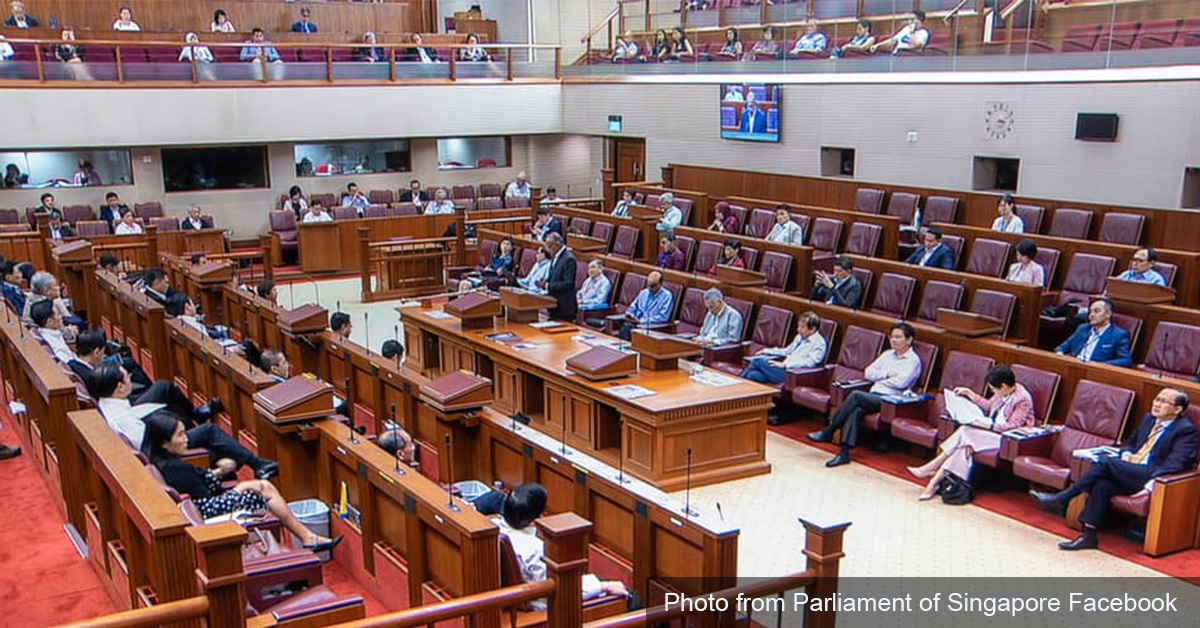
The 2020 General Election (GE) was a momentous one in many ways. All 93 seats were contested – as they were in 2015 – and there were new milestones in Singapore’s opposition landscape.
In particular, the Workers’ Party (WP) performed very well, taking one more Group Representation Constituency. More significantly, Prime Minister Lee Hsien Loong also invited WP leader Pritam Singh to assume the soon-to-be official role of Leader of the Opposition, a formal Parliamentary position in the Westminster parliamentary system.
There will also now be 10 opposition MPs in the 14th parliament, two short of the targeted 12 seats provided for under the Non-Constituency Member of Parliament (NCMP) scheme.
This GE, the two NCMP seats will go to Hazel Poa and Leong Mun Wai of the Progress Singapore Party (PSP), despite the party’s stated resistance against the scheme during the campaigning period. The fact that they are stepping down from their leadership positions in the party to focus on their NCMP roles suggest that they are taking their roles seriously.
The NCMP scheme was introduced in 1984 to offer the “best losers” from the opposition a chance to take up a pre-determined number of seats in Parliament. Before its implementation, there had been no opposition MPs elected into Parliament for nearly 20 years, until the Workers’ Party’s J. B. Jeyaretnam won a seat in the 1981 Anson by-election.
Since then, the number of elected opposition MPs has been increasing, reflecting the fact that some of the opposition parties have become more organised and better at attracting credible candidates, even as the voting public may be shifting towards a stronger preference for having effective checks and balances on the Government.
If Poa and Leong perform well in their NCMP roles, there is a good chance of them becoming elected MPs and their party making more inroads in future elections.
This would likely sound the death knell of the NCMP scheme, unless a compelling case is made for its extension, a scenario which seems unlikely given the original intent of the scheme, which gives NCMPs the exact same role in Parliament as elected MPs.
The importance of NCMP seats
Any further expansion of the NCMP roles to approximate that of MPs would render elections quite meaningless, insofar as elections are meant to allow voters to choose who they want to represent them in Parliament and run their town council.
A case could be made that, with 93 parliamentary seats, 12 opposition seats are insufficient to have a numerical impact on the official decision-making process. This is because vetoing Constitutional changes require over one-third – or 32 MPs – to vote against a motion.
Twelve opposition MPs would, therefore, have no effect on parliamentary decisions as long as the PAP’s party whip is in place. In order for the NCMP scheme to continue being relevant in fostering meaningful opposition representation, one could argue that the number should go up to at least one-third of the total parliamentary seats.
However, it is highly unlikely that this arrangement will come to pass. Even if it does, it may not necessarily benefit the opposition, should it result in a majority of NCMPs occupying the opposition bench.
Such a situation would reduce the opposition’s legitimacy, a claim it has levied before against the scheme. It could also prevent the opposition from establishing a more solid foothold or permanency in Parliament, and in turn preserve a one party-dominant government.
A unique contribution
Despite its critics, it is clear that the NCMP scheme has helped usher Singapore into this new phase of its political development.
While opposition parties decried it as a false crutch to lull the electorate into voting for the ruling party, it is clear that the opposition, particularly, the WP, has derived benefits from the NCMP scheme.
NCMPs have had the opportunity to weigh in on government policies and Bills before they are implemented.
As an NCMP, Aljunied MP-elect Gerald Giam, for example, tabled an Adjournment Motion in 2013, proposing improvements to Medishield to make it more affordable for low-income Singaporeans. He would not have been able to do this if he had not been included in the parliamentary process.
During the election campaign, WP candidates who have been NCMPs also brought up their speeches in Parliament as evidence that they would speak up for constituents and bring up viewpoints that might have been overlooked.
As opposition parties continue to grow and be seen as credible alternatives, it is likely they would not need alternative routes to enter parliament. So, whether or not the NCMP scheme continues to be relevant will be clearer in the next few years leading up to the next GE.
Whatever the future may be for the scheme, it has been and should continue to be guided by one ultimate purpose – to create a desirable political landscape for Singapore where a diversity of views can flourish and be debated, yet not be divisive.
Teo Kay Key is research associate at the Institute of Policy Studies’ Social Lab; and Tan Ern Ser is associate professor and academic adviser at the same unit.
Top photo from Parliament of Singapore Facebook.
